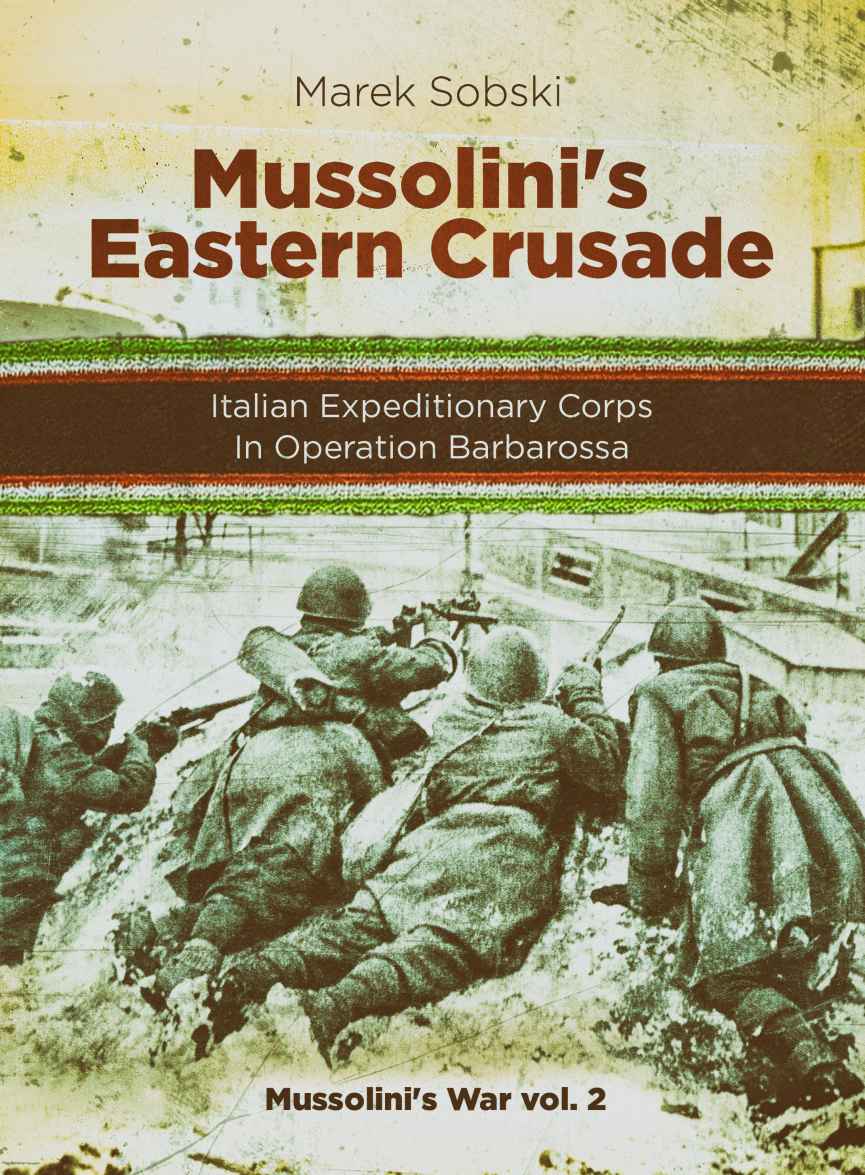

Most ebook files are in PDF format, so you can easily read them using various software such as Foxit Reader or directly on the Google Chrome browser.
Some ebook files are released by publishers in other formats such as .awz, .mobi, .epub, .fb2, etc. You may need to install specific software to read these formats on mobile/PC, such as Calibre.
Please read the tutorial at this link: https://ebookbell.com/faq
We offer FREE conversion to the popular formats you request; however, this may take some time. Therefore, right after payment, please email us, and we will try to provide the service as quickly as possible.
For some exceptional file formats or broken links (if any), please refrain from opening any disputes. Instead, email us first, and we will try to assist within a maximum of 6 hours.
EbookBell Team

4.8
24 reviewsBenito Mussolini was an exceptionally hot-headed politician. No wonder then that when reports from various sources began to reach him about the invasion of the Soviet Union planned by Adolf Hitler, in the blink of an eye he made the decision to accompany his friend in this new venture. The news of the enormous successes of the Wehrmacht on the Eastern Front only reinforced the decision to send representatives of the Italian armed forces to Russia in the form of the Expeditionary Corps (Corpo di Spedizione Italiano in Russia; CSIR). It was one of the most disastrous decisions of the Duce, which in time directly contributed to the collapse of the fascist regime, as the number of victims and brutality of the fighting in the east terrified the Italian public opinion, which never looked at war in such a total way as it was in the 3rd Reich or USSR.
In early July 1941, three Italian divisions and a Blackshirt Legion began their journey into the unknown. There, soldiers were to fight against a completely unknown opponent, among peoples and ethnicities of the Soviet Union oppressed by red terror and living on the verge of poverty. Italians also quickly understood that their enemy would be the climate, regardless of the season. Nevertheless, they proudly represented their country, and the period discussed in the book was indeed a time of heavy fighting, but also successes, which for Italian troops were so often missing in World War Two. At the same time, the first symptoms of impending catastrophe appeared. CSIR logistics turned out to be ineffective, the enemy's reserves of manpower seemed to be endless, and in terms of the quality and availability of weapons, he quickly began to outperform the Italians.
The book covers the first period of Italian involvement on the Eastern Front: CSIR's participation in Operation “Barbarossa” and the Soviet counteroffensive in the winter of 1941/1942.